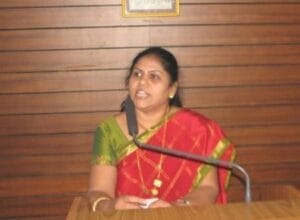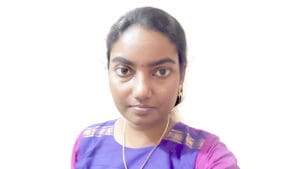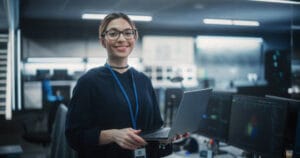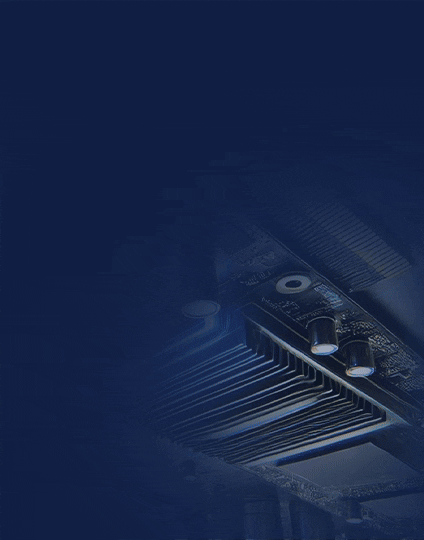Explore Sonam’s journey as a female Software Validation Engineer. Uncover challenges, advice for women in engineering, and insights on her evolving career in this dynamic field.
Women In Engineering
FPGA Insights has conducted an exclusive interview with Sonam, a Software Validation Engineer at UST, to gain valuable insights into her experiences as a woman in engineering.
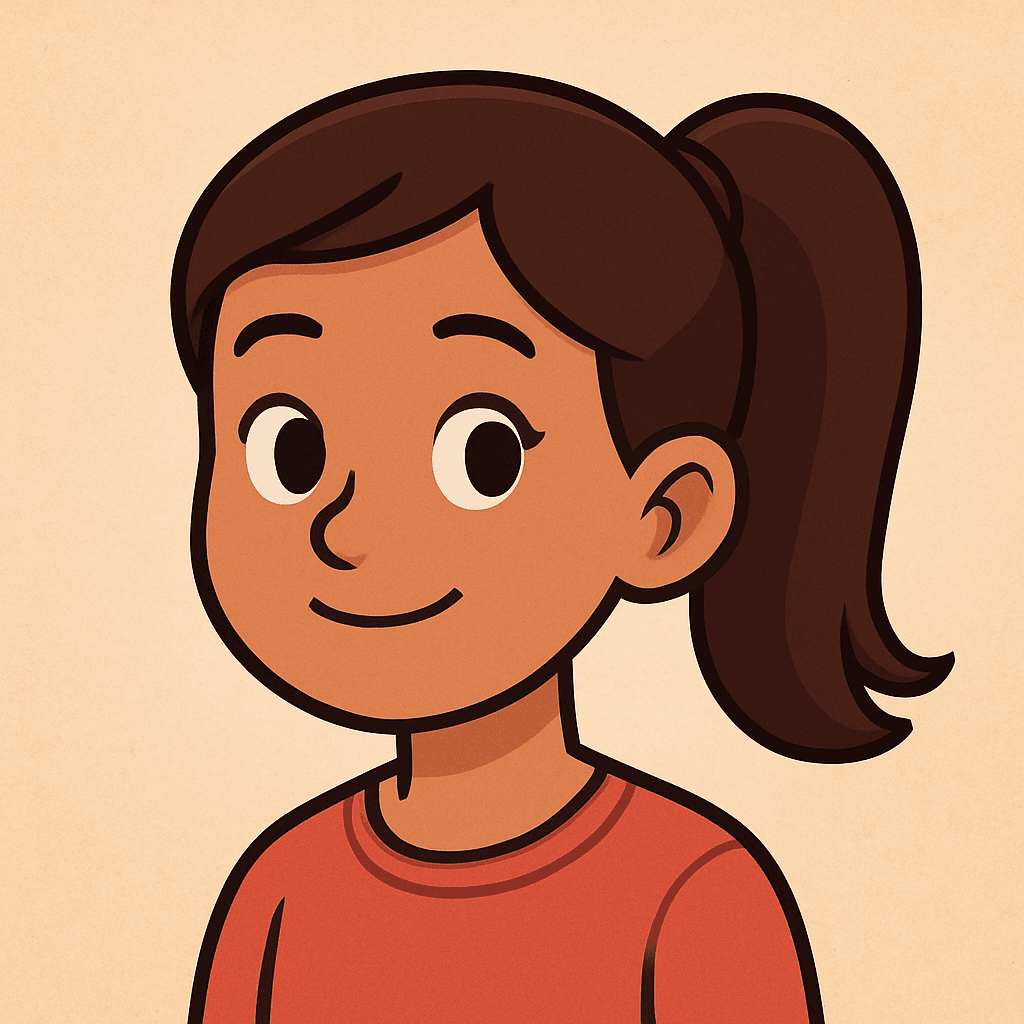
What’s your Name, job title & area of research/work?
My name is Sonam, and I’m working as a Software Validation Engineer at UST. My primary area of work involves validating software systems to ensure they meet quality standards, perform reliably, and are free from critical defects.
A big part of my role is creating and executing test plans, analyzing results, and collaborating with developers to ensure that the final product is robust and user-friendly.
What sparked your interest in engineering? Can you describe the moment you realized this was a field you’d like to pursue?
My interest in engineering came from a natural curiosity about technology and problem-solving.
I still remember the first time I wrote a simple code in school and watched it actually run it gave me such a sense of achievement.
That moment made me realize how exciting it is to create solutions using logic and innovation. From there, I knew engineering was the right field for me.
What are your experiences of being a female engineer?
Being a female engineer has been a mix of rewarding and challenging experiences.
On the one hand, it feels empowering to contribute to projects, solve complex problems, and see the impact of my work.
On the other hand, there have been times when I felt I had to prove myself a little more, especially in male-dominated teams.
What keeps me motivated is the support I’ve received from mentors and colleagues, and the growing visibility of women in tech.
Every time I succeed in my role, it not only builds my confidence but also makes me feel like I’m contributing to breaking stereotypes for the next generation of women engineers.
Can you tell me more about your career path so far?
I started my career after completing my Computer Science degree, where I built a strong interest in software testing and validation through internships.
My first role was as a Junior QA Engineer, where I focused on manual testing and later upskilled myself in automation tools like Selenium and Python. This helped me take on more advanced projects.
Eventually, I joined UST as a Software Validation Engineer, where I now work on validating enterprise-scale applications, designing test frameworks, and collaborating with cross-functional teams.
Over time, I’ve grown from executing test cases to leading validation efforts, and I’m aiming to move into a lead role where I can drive testing strategies and mentor others.
What has been your most challenging experience as an engineer?
One of my most challenging experiences was working on a project with very tight deadlines where the software had a lot of critical bugs.
As the validation engineer, I had to ensure quality without slowing down delivery, which meant long hours of testing, prioritizing defects, and constant coordination with developers.
It was stressful, but it taught me how to stay calm under pressure, manage time effectively, and focus on critical issues first. Looking back, it was tough, but it helped me grow both technically and personally.
What is the most exciting thing about your job?
The most exciting part of my job is seeing how my work directly impacts the quality of a product. Finding and fixing issues before the software reaches users gives me a real sense of accomplishment.
I also enjoy the problem-solving aspect. Every project comes with new challenges, tools, and technologies to learn, which keeps the work dynamic and never boring.
What kind of impact would bring you great satisfaction in your work?
I’d feel the most satisfied if my work helps deliver software that’s reliable, user-friendly, and error-free.
Knowing that my testing and validation efforts prevent critical issues, improve user experience, and support the team in building high-quality products gives me a strong sense of purpose and accomplishment.
I also find satisfaction in mentoring juniors and helping them grow in their roles.
What do you think needs to be done to improve the statistics in terms of women’s participation in engineering?
I think improving women’s participation in engineering requires action on multiple fronts.
Mentorship programs and role models can help women see a path forward in male-dominated fields.
Workplaces also need to focus on creating inclusive cultures with flexible policies, equal growth opportunities, and support for work-life balance.
Finally, celebrating women’s achievements in engineering publicly can inspire more girls and young women to pursue and stay in these careers.
What do you enjoy most and least about engineering?
What I enjoy most about engineering is the problem-solving aspect, figuring out how things work, finding solutions, and seeing the tangible results of my work.
I also love learning new technologies and constantly growing my skills.
What I enjoy least is dealing with repetitive or poorly documented tasks, which can sometimes slow down progress. But even those moments teach patience and attention to detail, so they’re not entirely negative.
Who has been your greatest support, coach, and mentor across [Industry], and why?
My greatest support has been my college professor, who encouraged me to explore software testing and gave me confidence in my technical abilities early on.
In the industry, my mentor at UST has been invaluable, guiding me through complex projects, sharing insights on validation best practices, and helping me navigate challenges as a woman in a male-dominated field.
Their guidance has not only strengthened my technical skills but also boosted my confidence in taking on leadership responsibilities.
What is it like to be a woman in engineering? Do you feel that your gender gives you a different perspective and experience from your male counterparts? Any advantages?
Being a woman in engineering comes with a unique mix of challenges and perspectives.
At times, I do feel the need to prove myself more, especially in teams where women are underrepresented.
However, I also bring a different viewpoint to problem-solving, approaching situations with empathy, attention to detail, and strong communication, which can complement the team’s dynamics.
One advantage is that being in a minority makes you more visible, so your contributions often stand out when you perform well. It also gives me a sense of responsibility to inspire other women to pursue engineering and show that gender doesn’t define capability.
Overall, it’s a journey of learning, growth, and breaking stereotypes.
What advice do you have for women interested in engineering? What kinds of practical experience should they have? What technical skills should they pick up?
My advice for women interested in engineering is to believe in your abilities and stay curious. Don’t let stereotypes or doubts hold you back, engineering is about problem-solving and creativity, and anyone with passion can excel.
For practical experience, internships and hands-on projects are key. Try to get exposure to coding, testing, or working with real-world software systems, even small personal projects count. Participating in hackathons or open-source contributions can also be valuable.
In terms of technical skills, a strong foundation in programming, data structures, and algorithms is essential. For software validation specifically, learning test automation tools, scripting languages like Python, and basic knowledge of CI/CD pipelines can make a big difference. Alongside technical skills, focus on communication and collaboration, engineering is as much about working with people as it is about technology.


